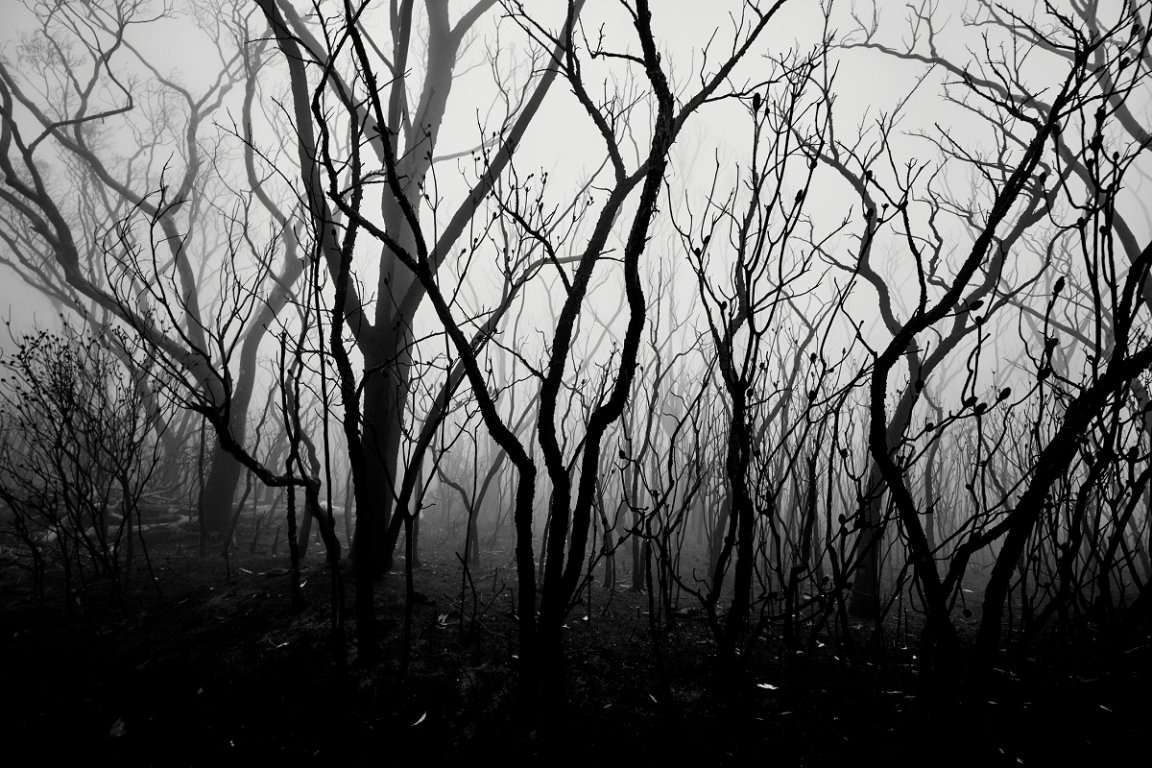
On the Ropes
Before Homo sapiens could even evolve, new research suggests that our ancient ancestors were faced with near-total extinction.
A study published in the journal Science found genomic evidence of a staggering population implosion of an unknown human predecessor 900,000 years ago. After some mysterious catastrophe, the findings suggest that there were only 1,280 breeding individuals remaining, down from a high of 100,000 — numbers that wouldn’t climb again for another 117,000 years.
“About 98.7 percent of human ancestors were lost,” study co-author Haipeng Li, a population geneticist at the University of Chinese Academy Sciences in Beijing, told Nature.
For the population to survive for so long, opines British Museum archaeologist Nick Ashton, it likely “occupied a very localized area with good social cohesion.”
“If this is correct,” he continued, “then one imagines that it would require a stable environment with sufficient resources and few stresses to the system.”
Close Knit Community
The period between 600,000 and 1,000,000 years ago was a turbulent time for pre-human history. Mini ice ages and droughts came and went, and the climate, all around, was unstable. Much remains unanswered on how our ancestors were born from those conditions.
This latest discovery, though, provides a major new insight. To peer back in time, the researchers analyzed genomic data from 3,154 people across 50 different populations. They then compared the emergence of different genomes in each population, forming a sort of evolutionary timeline of those populations.
Based on their findings, it’s possible that this bottleneck may have been the evolutionary pressure that gave rise to Homo sapiens. Forcing our ancestors to live in a small area together could have wiped out up to two-thirds of genetic diversity, the researchers said, giving rise to distinctive human features like a large brain.
“It was lucky but… we know from evolutionary biology that the emergence of a new species can happen in small, isolated populations,” senior author Giorgio Manzi, an anthropologist at Sapienza University of Rome, told The Guardian.
What caused the bottleneck, however, is anyone’s guess. Li suggests that drastic climate change could be responsible. Chris Stringer, head of human origins at the Natural History Museum in London, isn’t so sure.
“Maybe this bottleneck population was stuck in some area of Africa surrounded by desert,” he told the British newspaper.
More on human evolution: Pre-Human Species Carved Symbols More Than 200,000 Years Ago